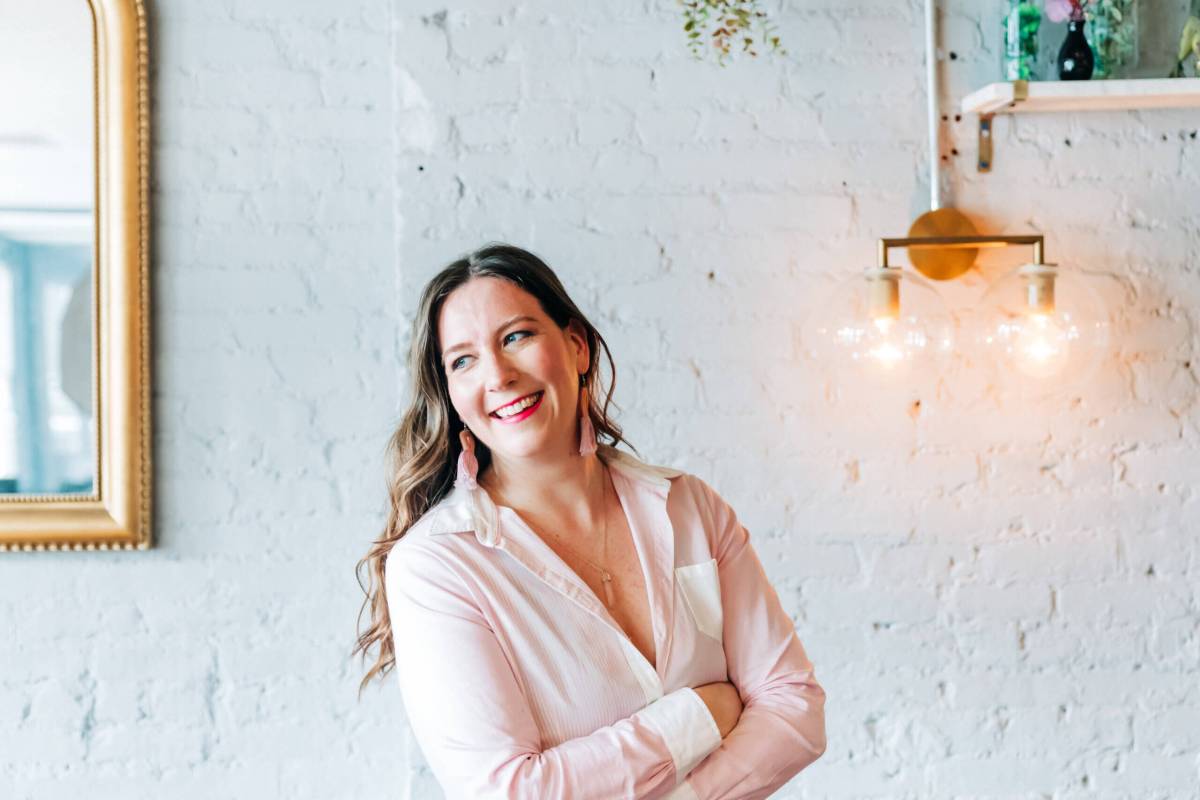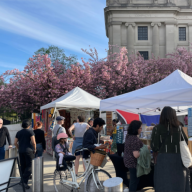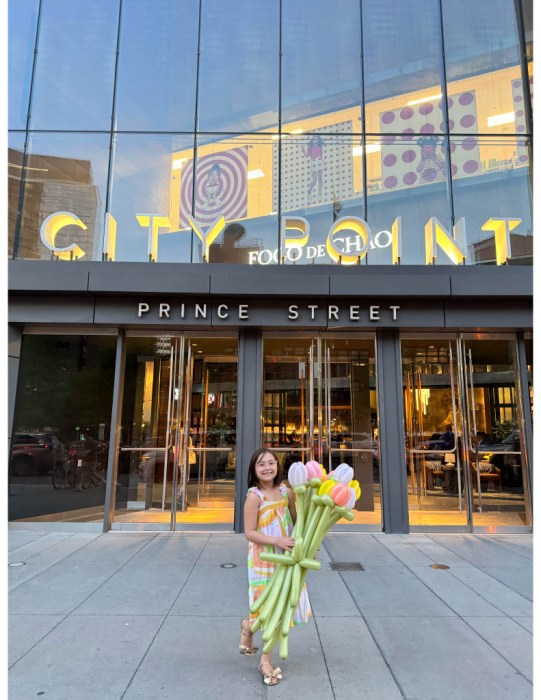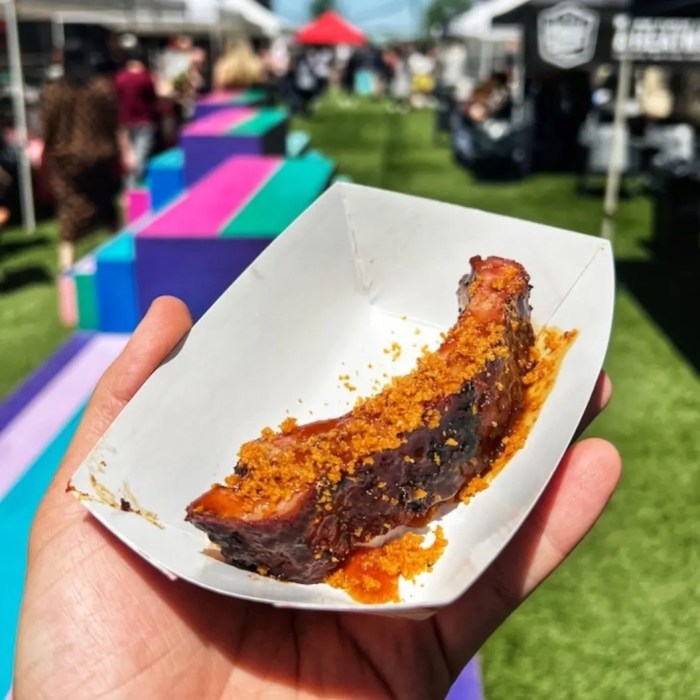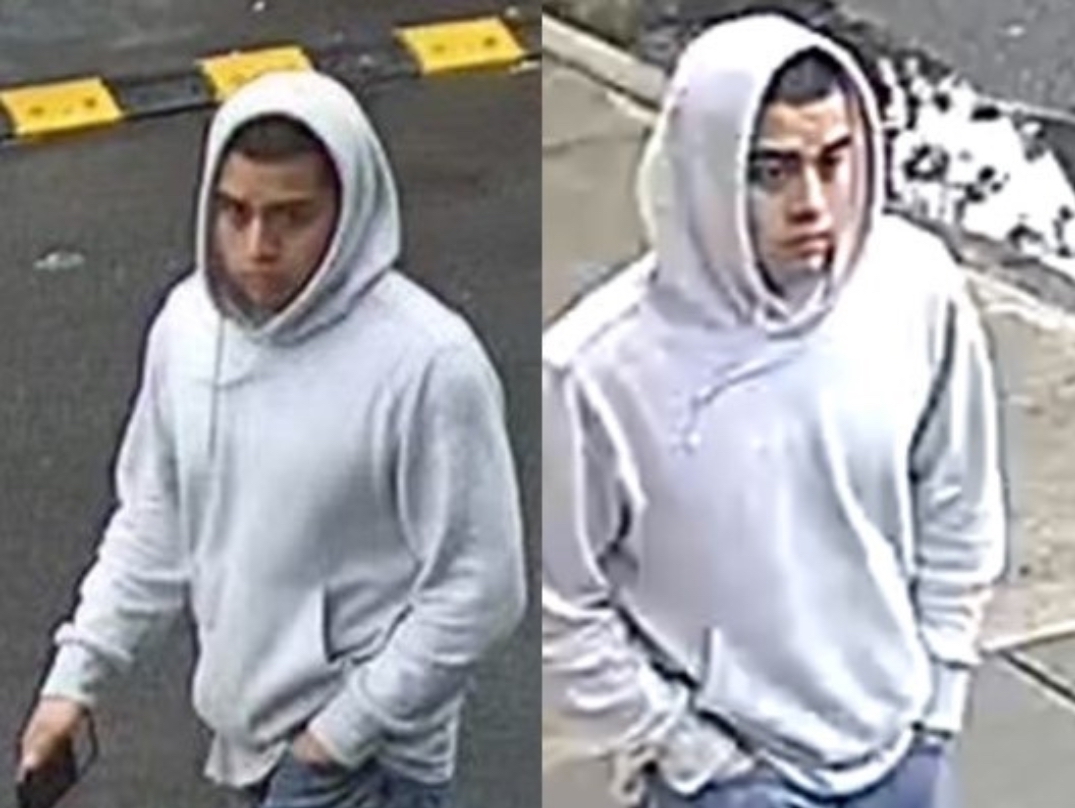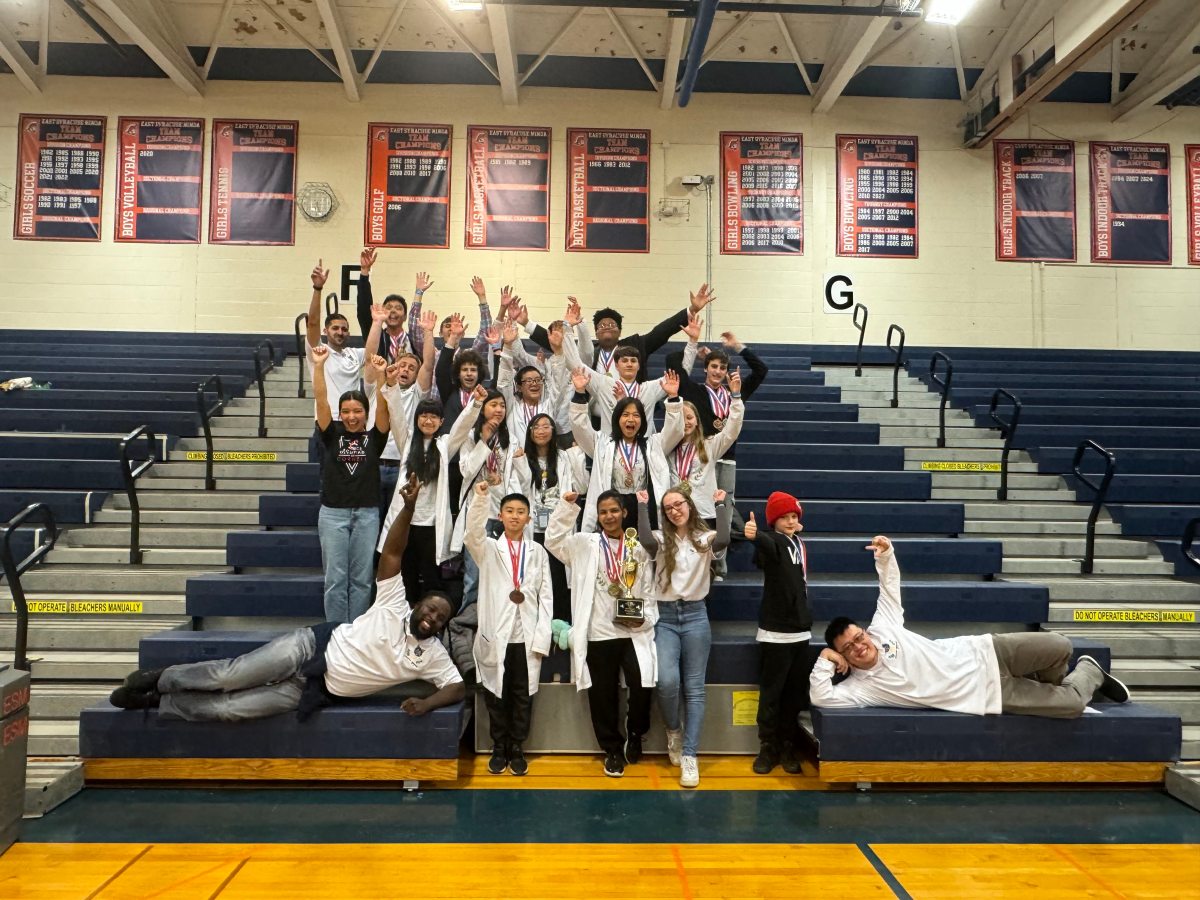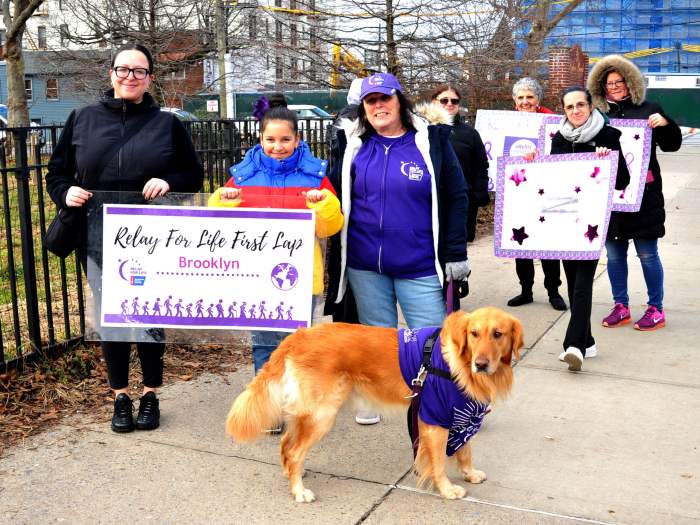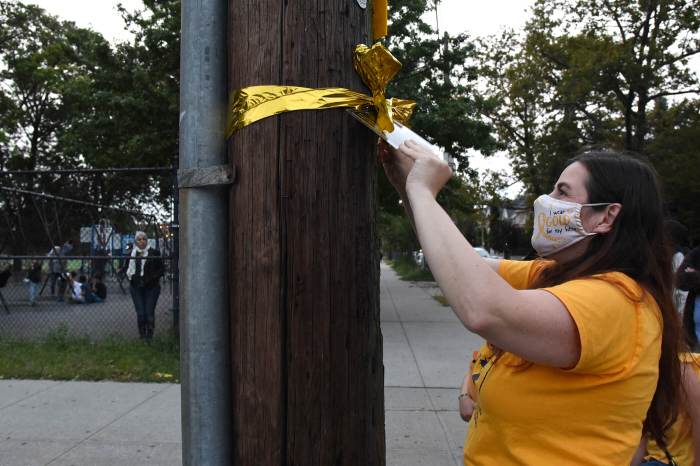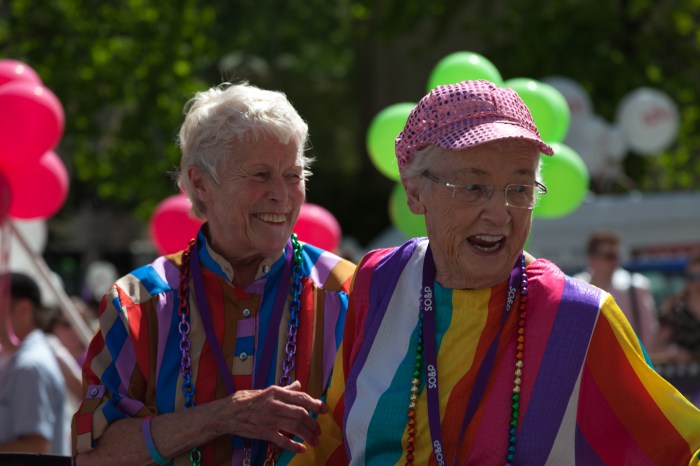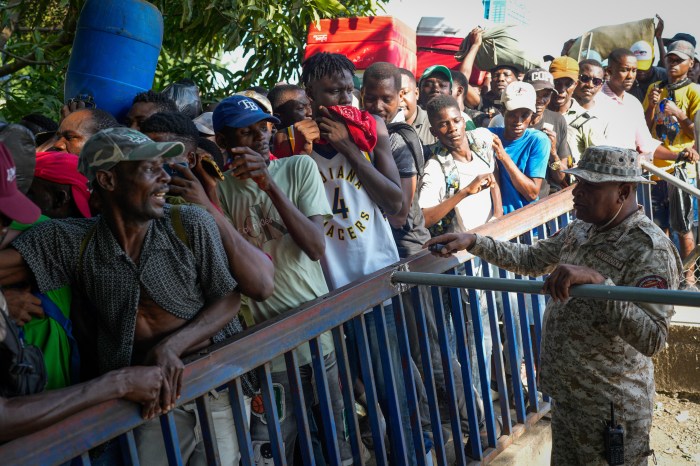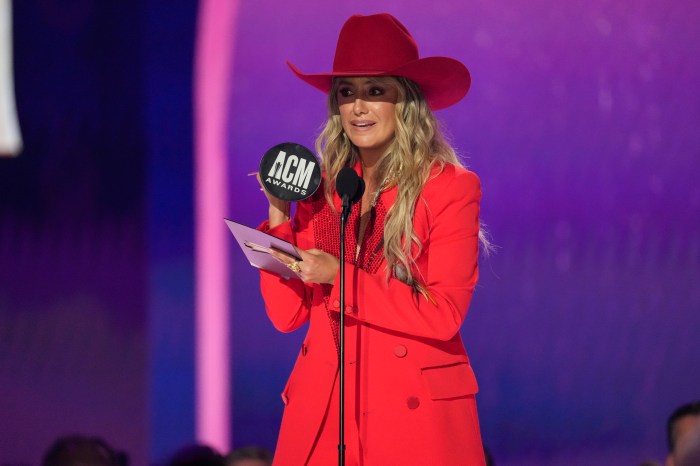In the sterile halls of the Perlmutter Cancer Center, one woman’s heart raced as she faced an all-too-familiar dread.
“I’d have a full-blown panic attack every single time,” Emily Hyland recounted, her voice filled with emotion and uncertainty.
Meanwhile, another woman, not far along in her journey, knew precisely what she needed to do.
“I spent 10 years thinking about what it means to be tested, what happens afterward, and all of that,” said Meg Farrell.
Breast cancer, the most prevalent form of cancer among women, accounts for approximately one-third of new cancer diagnoses in the female population annually. According to the American Cancer Society, breast cancer cases have been on a yearly rise of .5% on a global scale.
United by their parallel journeys of preventing breast cancer and undergoing double preventative mastectomies, Hyland, co-owner of the restaurant Emily in Clinton Hill, and her longtime restaurant manager, Farrell, are taking action to spread awareness about breast cancer this month.
Emily, the original flagship of the wood-fired pizza and burger destination, is owned and operated by Emily and Matt Hyland. Approaching its 10-year anniversary in January 2024, the restaurant is embarking on a variety of initiatives leading up to the celebration of a decade in business, beginning with Breast Cancer Awareness Month.
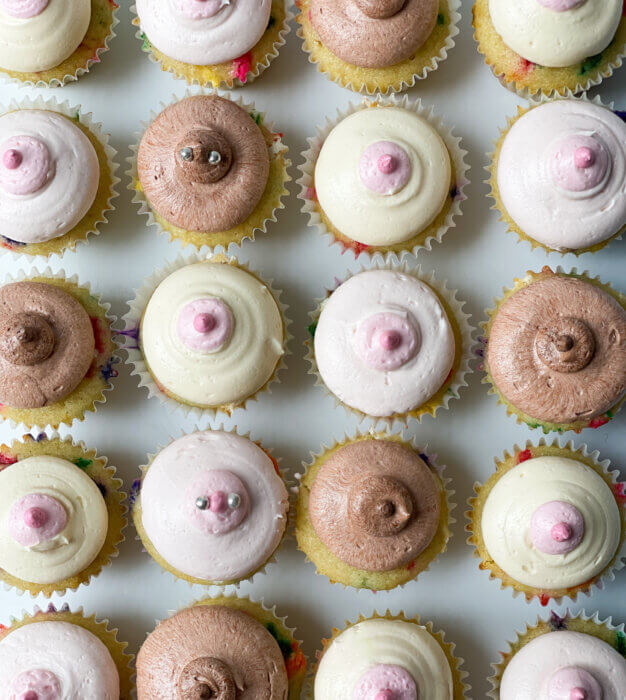
“I found out that our restaurant’s manager, Meg, was having the same procedure in December,” Hyland shared. “It was wild that both of us were going through this at the same time.”
Hyland, who was 40 years old when she got her mastectomy, and Farrell, who is 30 years old and will have her procedure this December, found strength in each other’s experiences.
For Hyland, the medical journey carried with it painful memories that echo her mother’s battle with breast cancer — a battle weaved within her family’s history.
“If I don’t do this,” she asked herself, “At what point will something be malignant? Our family carries a legacy of fibrocystic breast disease, which led me through a series of imaging and biopsies.”
During a routine mammogram in New York last December, doctors discovered two cysts, one in each breast. The memory of the appointment is still vivid.
“They wanted to explore both cysts with more imaging, and that was really it for me,” she sad.
Her appointment was scheduled in January to remove and reconstruct her breasts, forever altering her life.
Meanwhile, Farrell’s decision to embark on a similar path was supported by her awareness of the BRCA2 genetic mutation.
“I have the BRCA2 mutation. Every person has BRCA in their DNA, and there is a mutation that makes you more susceptible to certain cancers,” she said. “This occurs in both women and men, not just women, as many people assume.”
Similarly to Hyland, Farrell contemplated her familial legacy prior to making the big decision. Her father’s two-year battle with pancreatic cancer, related to the BRCA mutation, highlighted the significance of early intervention.
“My father had pancreatic cancer for two years, which is a really long time for someone to thrive with that type of cancer,” Farrell said. “He passed away at the age of 50, and he knew he had the BRCA mutation because of the type of pancreatic cancer he had.”
Farrell knew about the risks associated with the BRCA2 gene for a decade, and that made her confident in her decision.
“I’m very much the type of person where I’ll wake up one day and be like, ‘Alright, I’m doing it,’” she said.
Following her decision to undergo a prophylactic double mastectomy this winter, Farrell found support in The Breasties, an inclusive nonprofit organization based in upstate New York, dedicated to assisting individuals facing breast and gynecologic cancers.
The organization establishes a community among survivors, “previvors,” Stage 4 thrivers and caregivers through peer-to-peer connection, resources and advocacy.
The support group allowed her to connect with others and find strength in those connections.—“I even found my plastic surgeon through the group,” she said. “I learned that people can live a normal life after getting a mastectomy, whether it’s preventative or not. And there is a life to be lived through things like this.”
Hyland recognized the unique platform offered by Emily, the restaurant, and saw National Breast Cancer Awareness Month as the ideal opportunity to not only raise awareness but to garner support for an organization that greatly helped her peer.
“The Breasties is a grassroots organization that really connects women; it is so helpful to talk to other people who are going through or have gone through the same thing as you,” she said.
The restaurant is actively participating in the fundraising efforts by offering a special menu throughout October, where 100% of the proceeds will be donated to The Breasties — a $10 donation comes with an Alex LaRosa Bakery breast cupcake, $15-$20 gets a Pizza Loves Emily tote bag, $25-$30 comes with a copy of “EMILY: The Bookbook,” and donations of $35 or more come with a Pizza Loves Emily hat. 25% of the proceeds of specialty cocktails on the menu will also be donated to the Breasties.
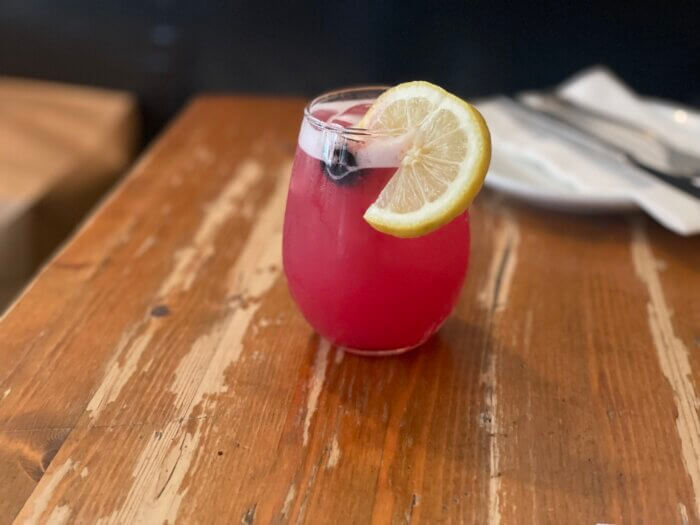
Hyland and Farrell stressed the importance of supporting organizations like The Breasties, as they have personally relied on the strength and resources within the breast health community throughout this process.
“It completely changed my life. All of the grief that lived in that space as I felt my mom and the loss of her lived in that tissue as a result of her breast cancer and my fear of it,” Hyland said of her decision to get the mastectomy.
As both women reflected on their experiences, they emphasized the importance of early detection. They encourage women to perform monthly breast self-exams and maintain regular medical check-ups, asserting, “It’s not worth ignoring.”
Hyland and Farrell are making conscious efforts to ensure that women who may be navigating similar journeys, whether through procedures or battling cancer, are aware that there are companions on this challenging path.
“There are people out there who can walk this path with you,” Hyland said.


